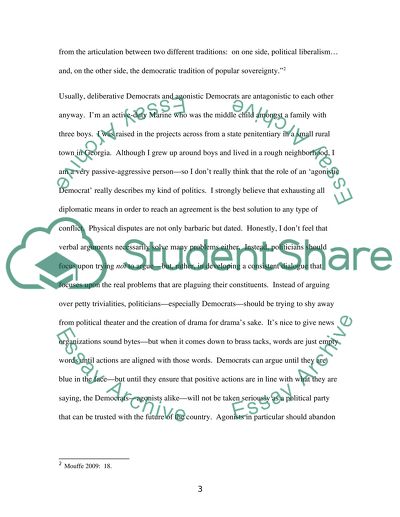Cite this document
(“Are you are an agonistic democrat Why or Why not Essay”, n.d.)
Retrieved from https://studentshare.org/environmental-studies/1413183-are-you-are-an-agonistic-democrat-why-or-why-not
Retrieved from https://studentshare.org/environmental-studies/1413183-are-you-are-an-agonistic-democrat-why-or-why-not
(Are You Are an Agonistic Democrat Why or Why Not Essay)
https://studentshare.org/environmental-studies/1413183-are-you-are-an-agonistic-democrat-why-or-why-not.
https://studentshare.org/environmental-studies/1413183-are-you-are-an-agonistic-democrat-why-or-why-not.
“Are You Are an Agonistic Democrat Why or Why Not Essay”, n.d. https://studentshare.org/environmental-studies/1413183-are-you-are-an-agonistic-democrat-why-or-why-not.


